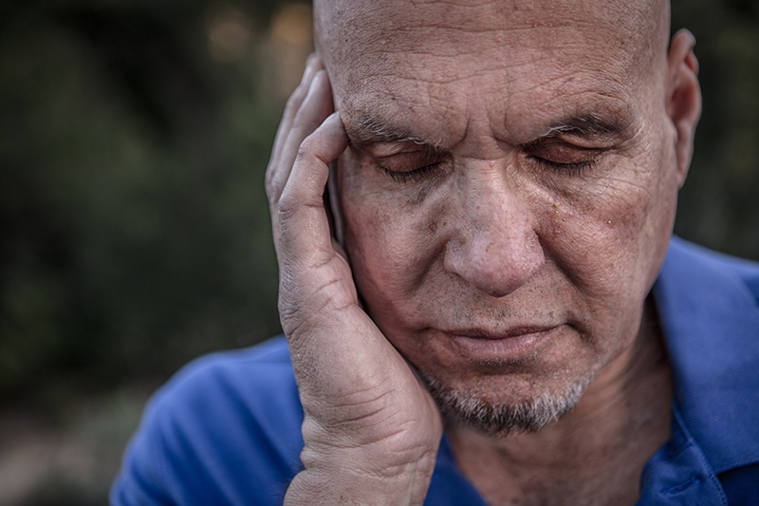
Chronic Pain and Mental Health: What’s the Connection?
If you’ve dealt with chronic pain, you know how disruptive and disheartening it can be. Research has validated how much of a mental toll chronic pain takes. Studies have shown that chronic pain puts you at a higher risk for mental health disorders, including severe anxiety, depression or substance use problems.
A recent survey from Mental Health America found that nearly half of all survey participants struggled severe depression along with their pain. And people who had a condition that caused chronic pain, such as arthritis or fibromyalgia, were about 80% more likely to deal with a mental health condition than those without chronic pain. Other studies have found that the inverse is also true: up to 75% of people with depression also report long-term pain.
It’s clear that pain and depression or anxiety often go hand-in-hand. But why is there a connection between pain and your mental health? And more importantly—what can you do about it?
What’s the connection between pain and mental health?
Chronic pain can interfere with every aspect of your life. It can make it harder to sleep, stay active and enjoy your time with loved ones. Constant pain can wear on your mind and emotions, and it’s understandable that many people develop symptoms of depression or anxiety.
The structures, pathways and chemical signals in your brain play a big part in your risk of developing a mental health problem. Researchers have found that there are some similarities in what happens in your brain when you have chronic pain and a mental health disorder.
Living with both chronic pain and depression or anxiety can be overwhelming. But the good news is that many treatments can help both conditions at the same time.
Managing all your symptoms
A holistic approach works most effectively to manage pain and mental health symptoms. A holistic approach means that you and your care provider work together to consider every factor that affects your wellbeing. The treatment plan often includes medical management, but it also considers how your diet, exercise, stress levels and relationships affect your wellness.
A holistic treatment plan for pain and a mental health disorder may include:
- Medication: Doctors have found that some medicines, such as antidepressants and anticonvulsants, can effectively lessen symptoms of depression, anxiety and chronic pain all at the same time. You may also discuss other pain medications, including over-the-counter options, with your provider.
- Talk therapy: Talk therapy involves discussing your challenges and frustrations with a mental health professional. A therapist can give you feedback and tools to help you overcome harmful thought patterns and change behaviors. Research has shown that psychotherapy can lessen symptoms of mental health disorders and chronic pain.
- Relaxation techniques: Stress affects your body and mind in multiple ways. It raises your risk of chronic conditions such as heart disease—and it worsens pain, depression and anxiety. Learning to lower stress with healthy coping techniques such as meditation, mindful breathing or visualizations can help.
- Lifestyle changes: Healthy habits can make it easier to deal with both chronic pain and a mental health condition. It’s normal to want to skip exercise and healthy meals when you’re in physical or emotional pain. But choosing nutritious foods and moderate exercise can help significantly. You can start with small steps, such as a daily 10-minute walk and adding one vegetable to each meal, and build up to more over time. Getting enough sleep, drinking plenty of water and connecting with loved ones are also crucial to improving your overall wellbeing.
Speak with your healthcare provider for help with a personalized treatment plan. Find an Adventist Health provider near you.



